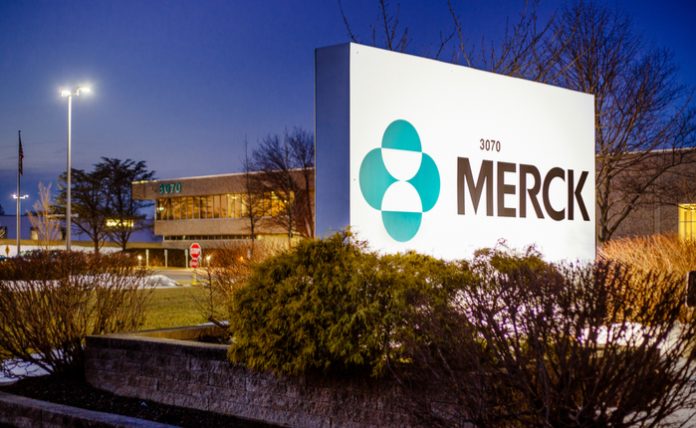While there were a number of companies which fell as the week started off, one of the more surprising declines came from major pharmaceutical giant Merck & Co (NYSE: MRK).
The company saw its stock price fall as much as 9 percent in after-hours trading on Monday, a gigantic swing before recovering most of those losses in what was a highly volatile hour of trading. The catalyst for this move was news that the pharmaceutical company’s new cancer drug had failed to meet expectations.
One of the most exciting areas in the biopharma industry is cancer treatment therapies. A number of companies have boasted promising results in this field, with their share prices often swing up or down 30 to 40 percent on such news.
Merck, a company with a market cap of $203 billion, still saw massive price swings today for a company it’s size as markets reacted to the bad news.
Specifically, Merck’s signature cancer treatment drug Keytruda failed to meet clinical endpoints in another study and failed to indicate overall superior results compared with current chemotherapy treatments for breast cancer patients.
“Metastatic triple-negative breast cancer is an aggressive and challenging disease to treat, especially after progression on initial standard-of-care treatment,” said Dr. Roy Baynes, senior vice president and chief medical officer in an official press release. “While we are disappointed by the outcome of this monotherapy trial, we are continuing to study KEYTRUDA in earlier stages of the disease and in combination with chemotherapy to address the unmet medical need of patients with triple negative breast cancer. We are grateful to the patients and investigators for their participation in this important study.”
This wasn’t the first time that the Keytruda drug failed to meet expectations. Earlier in April, another phase 3 trial evaluating the drug as a first-line treatment option for gastric cancer also failed to show any improvement in patients overall survival chances in comparison to regular chemotherapy.
Even as far back as December 2017, Merck had released results that showed poor results from Keytruda in a separate phase 3 trial for gastric cancer. Although the Food and Drug Administration (FDA) approved the drug back in 2017 as a third-line treatment for patients with advanced forms of gastric cancer, results from trials have been disappointing.
While there is still hope that the drug could be successful in treating other conditions like cervical cancer and melanoma, so far the compound hasn’t had the success that many within the company hoped it would.
Shares of Merck fluctuated wildly in after-hours trading but ended up equalizing at pretty much the same level, losing just 0.7 percent of its value. Over the past six months, Merck has fluctuated between the $70 and $83 range, while steadily increasing in value over the past year.
Merck Company Profile
Merck makes pharmaceutical products to treat several conditions in a number of therapeutic areas, including cardiovascular disease, asthma, cancer, and infections. Within cancer, the firm’s immuno-oncology platform is growing as a major contributor to overall sales.
The company also has a substantial vaccine business, with treatments to prevent hepatitis B and pediatric diseases as well as HPV and shingles. Additionally, Merck sells animal health-related drugs. From a geographical perspective, close to half of the company’s sales are generated in the United States. – Warrior Trading News










